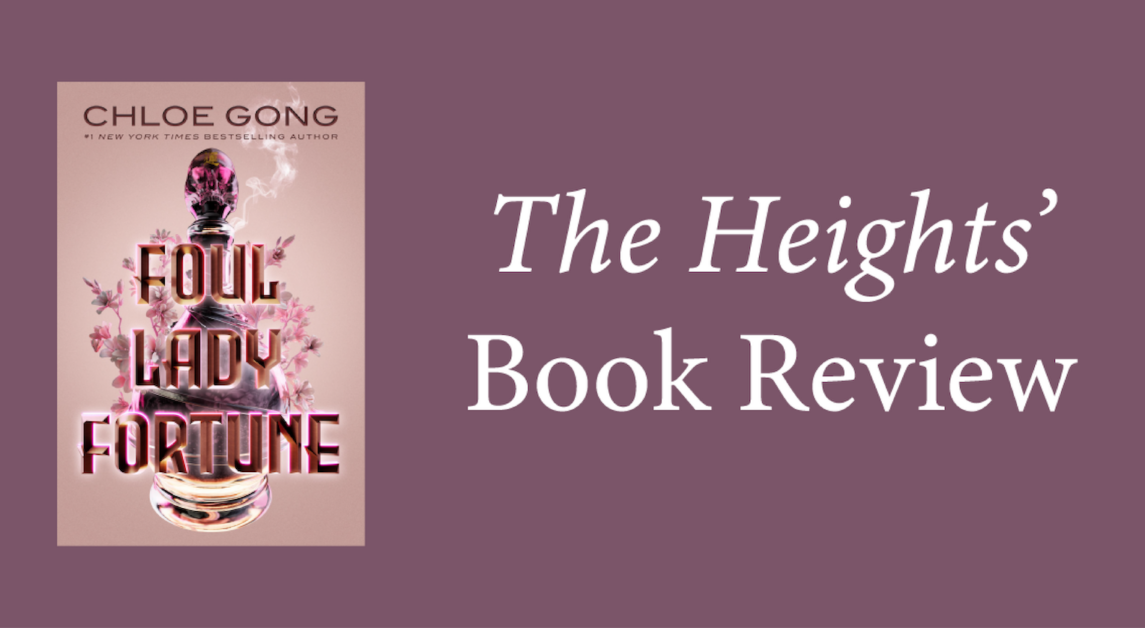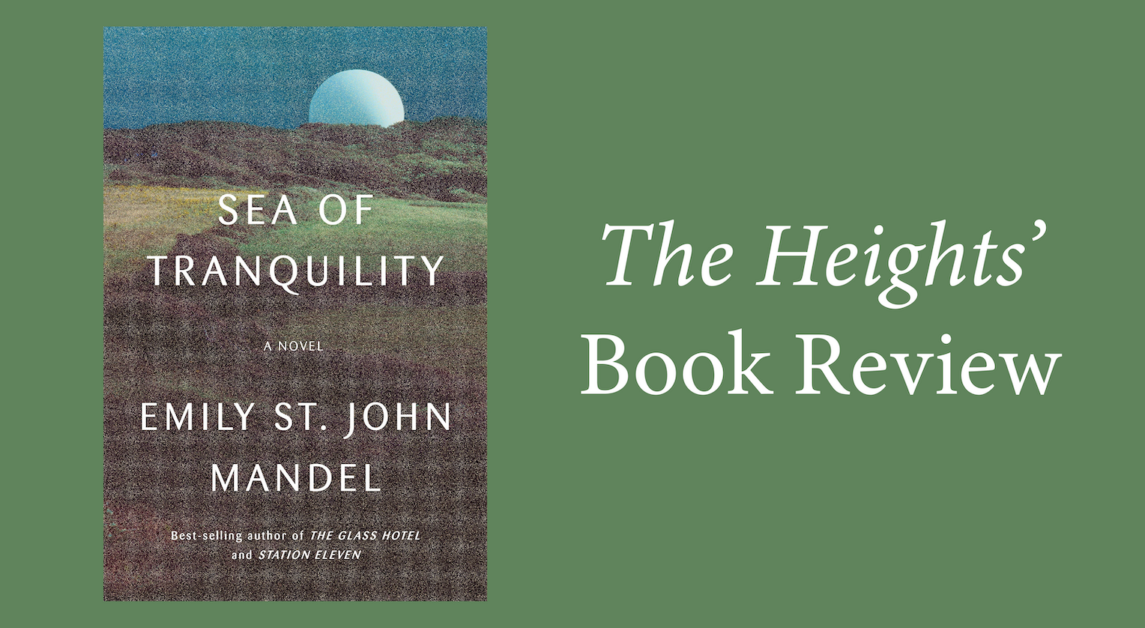★★★★☆
There’s something eerily intimate about reading The Memory Police by Yōko Ogawa. It’s the kind of book that lingers quietly long after the final page, not with fireworks, but with silence—its absence more unsettling than any dramatic conclusion could be.
Though it was first published in Japan in 1994 and later translated into English by Stephen Snyder in 2019, Ogawa’s novel feels strikingly contemporary. Written for a moment when truth is slippery, memory is fragile, and what’s gone may never have existed at all, it’s as if it were written now and not 30 years ago.
At first glance, the premise is simple. On an unnamed island, things begin to disappear. Not in the conventional sense—they’re not stolen or misplaced, but rather erased from life itself. Once something disappears, the island’s inhabitants forget how to use it, how to speak of it, and how it once felt.
Ribbons, birds, roses, calendars, and novels vanish one by one. The Memory Police are the enforcers of this collective amnesia, rooting out both the objects themselves and those rare individuals who still remember them.
It’s a haunting setup, and Ogawa plays it almost delicately. There are no big reveals or sudden bursts of action—the novel reads like a slow march into oblivion. The chapters are tight, each one advancing the story with a sense of quiet inevitability. Not a single chapter drags, and it’s that economy of language and pacing that makes the book so effective.
Our unnamed narrator is a novelist, and as the disappearances become more profound, her personal world narrows. She hides her editor, R, in a secret room in her home after discovering that he is one of the few who can still remember “disappeared” items.
Their relationship becomes the emotional anchor of the book, yet even that feels muted and restrained. Despite sharing an intimate moment, it’s not romanticized or sensationalized. The understated writing style helps the readers see that these are two people trying to maintain some semblance of humanity in a collapsing world rather than a blossoming love affair.
Rather than charging toward rebellion or escape, The Memory Police lingers on what it means to endure in quiet, private ways. Where many dystopian novels trace an arc of resistance or revolution, Ogawa instead explores the slow erosion of identity and connection.
Her characters don’t rise against the system—they try to survive within it. They preserve fragments of themselves through small acts of care and creation. In this way, the novel feels less concerned with political overthrow than with emotional resilience. It focuses on how people adapt—or fail to—in the face of overwhelming loss. It’s a refreshingly introspective take on dystopian literature.
For all its thematic richness, the novel never feels particularly heavy. The translator manages to capture Ogawa’s spare and evocative prose perfectly. There’s a gentle rhythm to it, almost meditative. This restraint only makes the moments of dread more powerful—the terror creeps in not through action, but through the novel’s expertly crafted atmosphere. You feel the weight of loss in the quiet grief of a community slowly forgetting itself.
But the ending, while moving in its own way, stretches the metaphor to a breaking point. As the narrative presses into increasingly surreal territory, including the disappearance of physical body parts, a significant suspension of disbelief is required. Ogawa’s writing remains strong, and the final pages are undeniably poetic, but there’s a sense that the allegory begins to collapse under its own weight.
What began as a chillingly precise metaphor for cultural and personal erasure starts to blur into something more abstract and ambiguous. That said, Ogawa’s control over tone and atmosphere is so deft that you’re likely to follow her there anyway, even if the emotional payoff is more cerebral than cathartic.
In 2025 America, where debates over historical memory, digital censorship, and disinformation remain part of the national atmosphere, The Memory Police hits a little closer to home than I would like. The novel doesn’t map directly onto our current reality, but it does capture the quiet anxiety of watching people and ideas slip out of view against our will.
In many ways, The Memory Police is a meditation on the nature of loss. It’s about how societies can forget themselves without even realizing it and how people can vanish not just physically, but conceptually. It’s not a novel that yells its point across the room. It sits beside you, quietly, and waits for you to notice what’s missing.
If you’ve ever read 1984 and found yourself haunted by its final, bleak surrender, this novel is your next stop. It may not offer hope or revolution, but something rarer: a deep, aching honesty about what it means to let go, and the cost of remembrance.



















